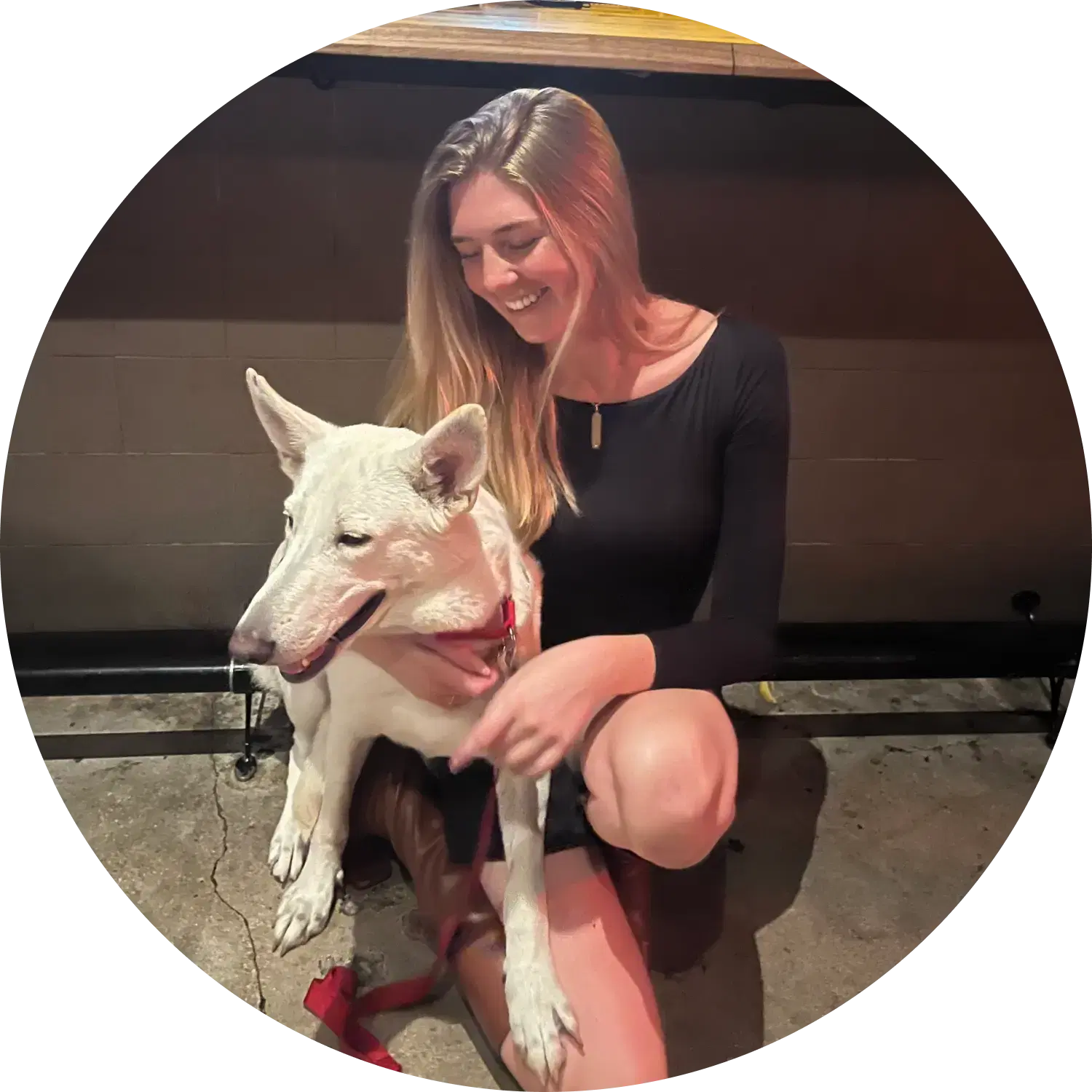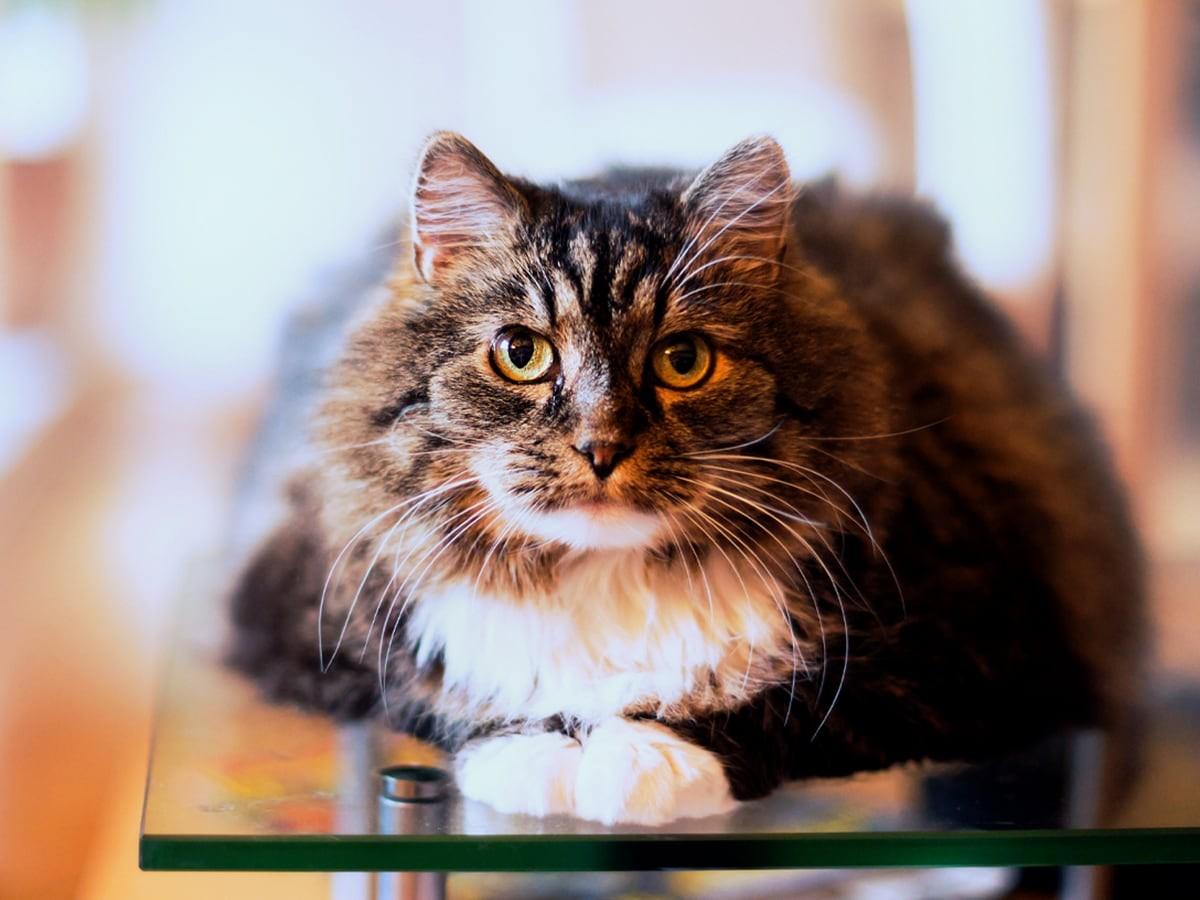Imagine an ancient marketplace bustling with activity: traders shouting, children laughing, and in the midst of it all, a small, sleek cat meandering through the crowd. Its melodic meow catches the ear of a wise old merchant, who pauses to listen. Okay, this is not exactly how we humans became curious about the mysterious ‘meow’ language but possibly something like this.
First the aloof, random but charismatic behavior of cats and then the mysterious meows that seemed to have hundreds of different tones trying to communicate different things to us. (or maybe just telling us ‘buzz off’ in different ways) We did not lose the quest of deciphering cats.
And we’ve apparently learned a lot about them. (turns out they were not really asking us to buzz off!)
Cats usually use a combination of body postures, scent signals and sounds like meows, growls and hisses to communicate with other cats and humans. We may not really be able to get the meaning behind the body posture right and our scenting skills are not that advanced. This leaves us with only one option of deciphering the sounds to better understand them to form a better and stronger bond.
Cats usually use 4 different kinds of sounds to communicate –
Murmur patterns like purrs and trills
Meows (of course)
Chirps and chattering (usually to express frustration)
Hisses and growls
When it comes to meows, cats usually use them to communicate their demands with their humans. They may be things like –
Take me out
I want to pee
Cuddle with me or stroke me
Play with me
I’m hungry! Feed me
You’ll hear meows usually during the night when you’re sleeping. This is probably because your cat isn’t. Cats are nocturnal and their demands can escalate at night. The wake-up calls may start with some head bonks, followed by nibbling on your toes or dropping toys on your head. If nothing works, then the last option they are left with is – meowwww.
Meows can even mean that your cat is feeling lonely and neglected or is going through an illness and is in pain. Usually, the length of the meow can tell you what it means. A shorter ‘mew’ typically means they are feeling lonely or hungry. A longer and stretched meow can indicate objection to or frustration with something. An unpleasant meow usually indicates pain or sickness.
What do Cats Say When They Meow at Each Other?
While cats may use meows or a trill sound to greet each other, they usually reserve their meows for humans. They use other sounds purring, howling or hissing to communicate with other cats. Growling may be used to tell other cats to stay away and leave them alone in case they are feeling fearful. In extreme cases, you may see them resort to a snarl, spit or yowl before an attack. (3)
Physical touches are also a prominent way of communication between cats. They touch each other’s noses to greet. They may also rub their heads against each other to show affection. The extroverts may even go ahead and hook their tails and rub them together. (3)
What To Do If Your Cat Keeps Hissing at You?
A hissing cat is often misunderstood to be aggressive. But the opposite is true. Hissing is a sign that your cat is feeling threatened, victimized and hence, defensive. When a cat hisses at you, it is basically telling you to stay away. It wants to avoid any sort of physical confrontation. In human language, what the cat is trying to tell you is one of the following - “I’m upset,” “I feel threatened,” “I’m uncomfortable,” or “I’m scared.”
This is what you should do if your cat keeps hissing at you – (4)
Do not punish or shout at the cat for hissing. This will only worsen the situation and aggravate the cat more.
Allow some space. Do not try to hold or confront them.
Let them hide. Cats like warmth and small spaces that protect their back and are in a better position to defend themselves.
Give them time as it may take hours to get back to normal.
Once you feel that the cat is relaxed, offer food or catnip. Make sure you don’t stare while offering the food and try to come from the side as against the front. This way you seem less threatening to the cat.
What Does a Cat Growl Mean?
Growling may seem like something bigger cats like lions and tigers would do. But even our small felines growl. They usually do so to warn other cats or even humans. Below are some other reasons why your cat may growl –
To mark their territories and warn other cats or animals to back off.
To let the other cat know who’s the boss.
To warn against overstimulation or stress, especially due to excessive socializing or petting.
To ask anyone touching them to move away and not hold them in case they are sick or injured.
To indicate frustration over lack of enough stimulation, food, access to the litter box, etc.
To let their hunting instincts out.
More About Spot Pet Insurance
It is important to check for other signs of sickness when your cat keeps growling at you. There is a high chance that they are suffering from an underlying medical condition or an injury that is causing them pain. Common medical conditions that can make your cat growl include – (5)
Urinary tract infection
Dental problems
Arthritis
Gastrointestinal problems
While you make sure your kitty is treated for whatever its going through, we will take care of the financial expenses related to it. With pet health insurance you can save up to 90% of all vet costs and much more.
Cat Insurance helps to provide pet parents with additional financial support and peace of mind when it comes to the health and wellness of their pets. With a Spot plan, pet parents can receive up to 90% cash back on eligible vet bills. This way pet parents can focus on caring for and supporting their pets. Spot's also offers preventive care add-ons, which can help cover the eligible costs of spaying and neutering, dental cleaning, vaccinations, and other routine care services.
Get a quote today!

The resident animal enthusiast at Spot. I have a lifetime of pet parent experience. If it has fur, feathers, or scales, I’ve probably shared my home with it. I aim to be a reliable source, blending experience with a dedication to the well-being of pets.
Shojai, A. (2024, June 26). What do the different cat meows mean? The Spruce Pets. https://www.thesprucepets.com/cat-talk-meowing-554066
3. Dacvb, W. S. M. P. D. (2022, August 25). Cat Language 101: How do cats talk to each other? PetMD. https://www.petmd.com/news/view/cat-language-101-how-do-cats-talk-each-other-37620
4. O’Steen, H. (2021, August 19). Hiding and hissing in cats - Cat friendly homes. Cat Friendly Homes. https://catfriendly.com/why-does-my-cat/hiding-hissing/
5. Pattemore, C. (2023, June 23). 5 reasons why your cat is growling & how to Stop it. The Dog People by Rover.com. https://www.rover.com/blog/cat-growling/












